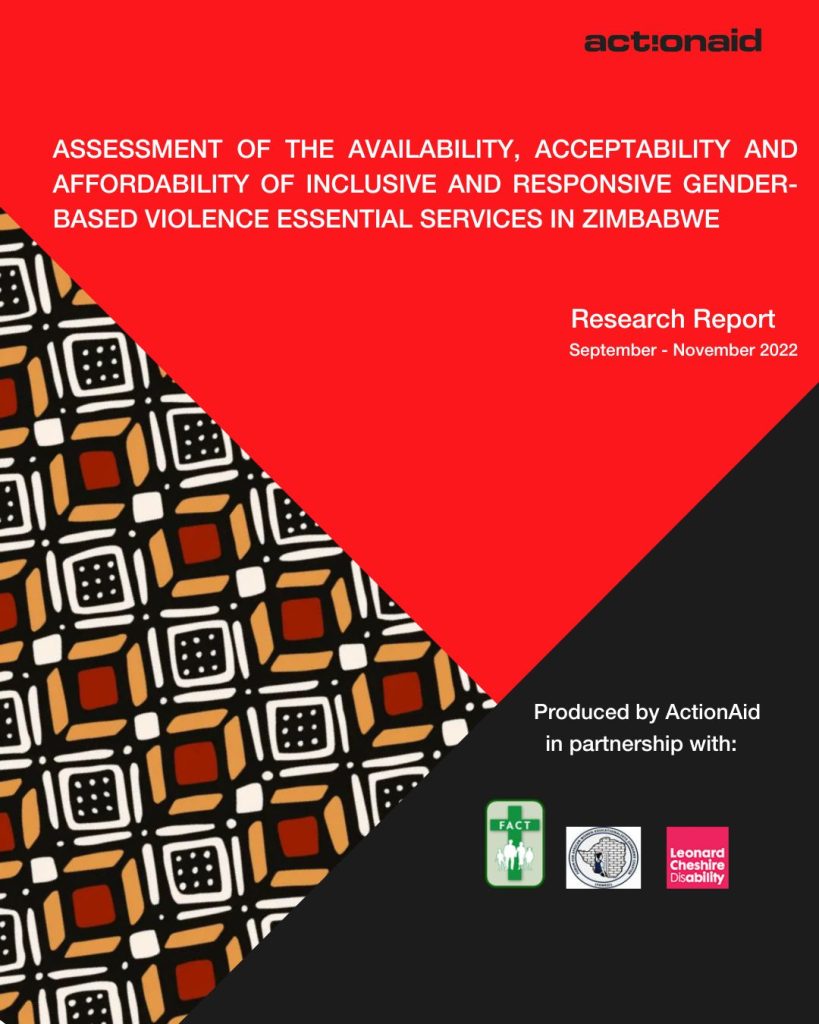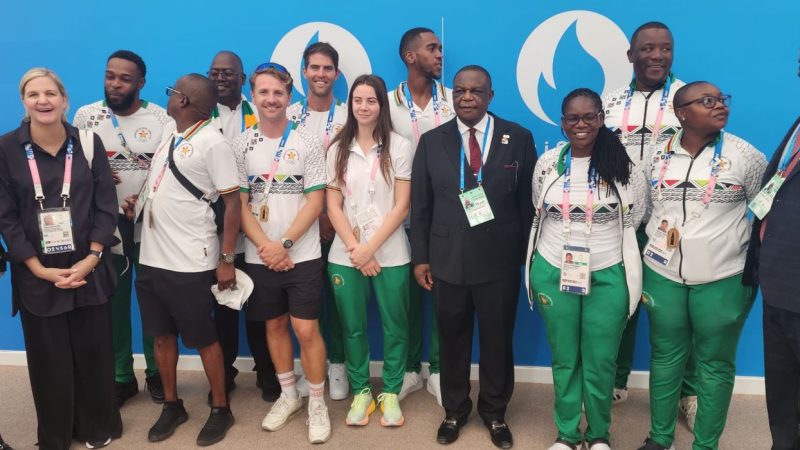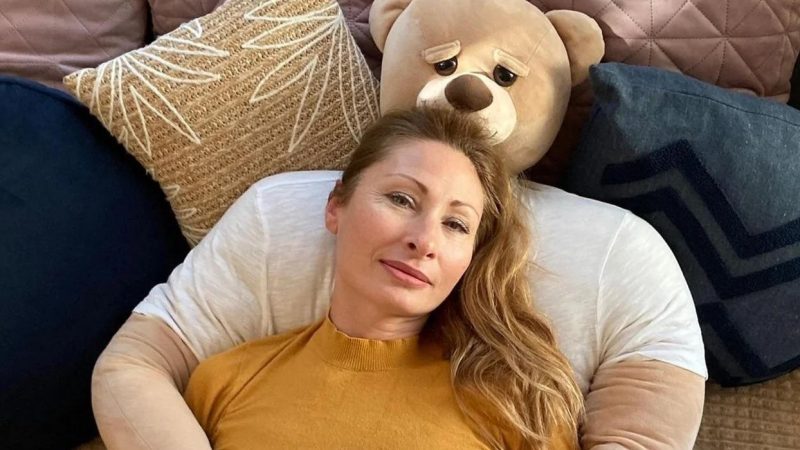“Ensure there is provision of GBV essential services,” ActionAid Zimbabwe

Gender-based violence (GBV) is a critical barrier to development globally, harming survivors and their children’s well-being, human capital formation, and productivity.
ActionAid Zimbabwe (AAZ) and its partners, Forum for African Women Educationalists Zimbabwe Chapter (FAWEZI), Family AIDS Caring Trust (FACT), and Leonard Cheshire Disability Zimbabwe (LCDZ) conducted a research study between September and November 2022 to assess the availability, acceptability, and affordability of inclusive and responsive gender-based violence (GBV) essential services in Zimbabwe as part of the Towards Resilient Communities with Health, Equality, and Safety for All (TORCHES) project in Shamva, Nyanga, and Chitungwiza districts.
AAZ and its partners, in collaboration with the Ministry of Women Affairs, Community, and Small and Medium Enterprise Development, launched a research report last Friday to identify the major challenges that impede the delivery of GBV services in Zimbabwe and to identify the information and technical support gaps that need to be addressed in order to improve the quality of GBV essential services in the country.
The research reviewed the major gaps and shortcomings in services delivered, such as lack of resources, lack of services at the local level, high cost of services, insufficiently trained staff to handle persons with disabilities (PWDs), lack of disability-friendly infrastructure at public services, and lack of awareness among PWDs of services available.
Furthermore, there was an identified need to increase the accessibility of existing services to PWDs, as well as to ensure that they are informed of the range of services available to them. Service providers also expressed concern about a lack of training on sign language for staff, which makes it difficult to communicate with survivors with hearing impairments.
AAZ therefore recommends that government health service providers provide health services freely to all GBV survivors. To ensure that GBV survivors can access these health services without any hindrances, infrastructural adaptations should be made in public spaces such as hospitals and police stations, including construction of rails for easy access, ramps and pathways for wheelchair users, and wider doorways for wheelchair users. Additionally, the staff at these institutions should be educated and trained to better understand and respond to the unique needs of GBV survivors. This education and training should ensure that the staff is able to interact with GBV survivors in a safe, respectful, and caring manner, creating an environment where survivors feel comfortable enough to receive the necessary health services.
Read more from the research report CLICK HERE





